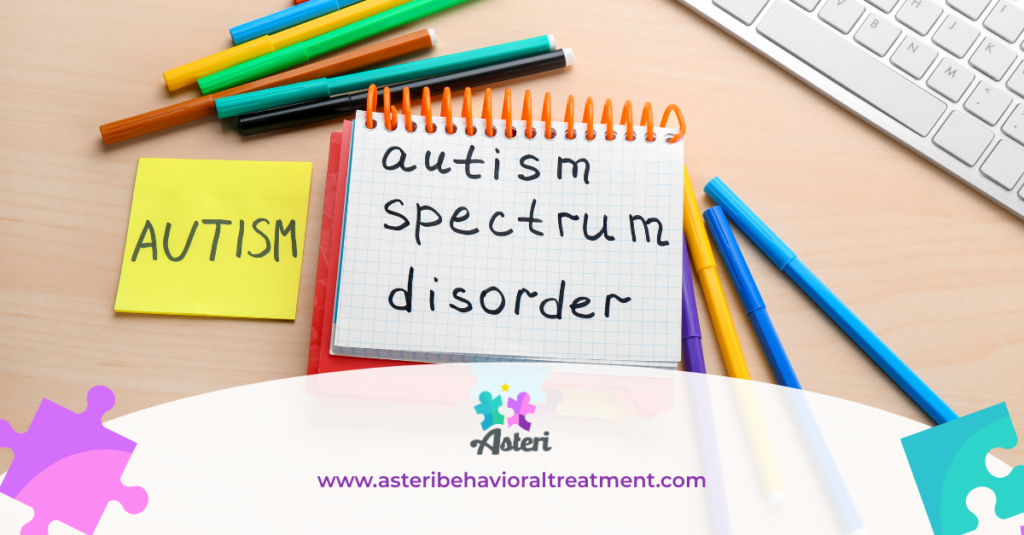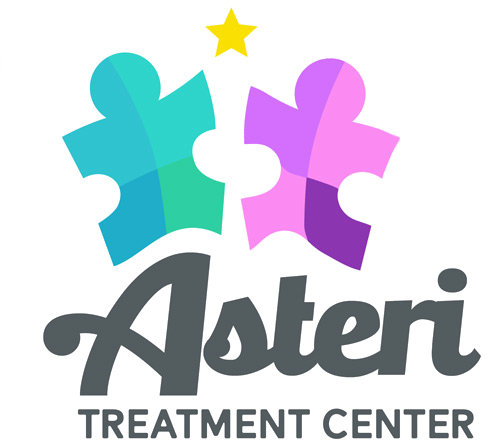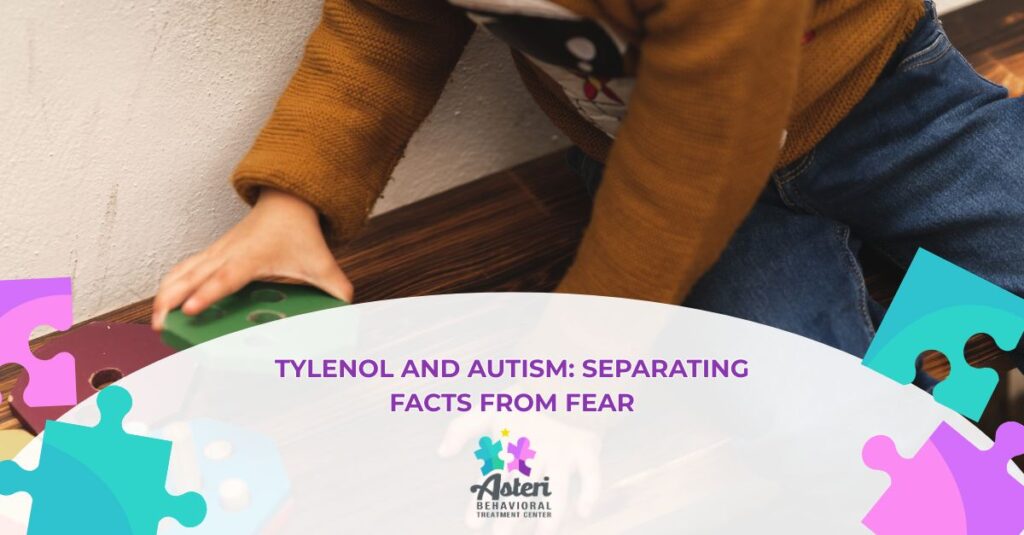Recent headlines linking acetaminophen (Tylenol) use during pregnancy to autism spectrum disorder have left many expectant parents worried and confused. Social media feeds are flooded with alarming claims, while concerned families search for clear answers about medication safety during pregnancy and how to access autism spectrum disorder support when needed.

The intersection of pregnancy, medication use, and developmental concerns creates a perfect storm for misinformation. When preliminary research findings get amplified without proper context, it can lead to unnecessary anxiety and potentially harmful decisions—like avoiding pain relief during pregnancy when it’s medically necessary.
Understanding the current state of research, recognizing the difference between correlation and causation, and knowing how to access reliable information are crucial skills for navigating these complex health discussions. This guide will help you separate established facts from speculation while emphasizing the importance of autism spectrum disorder (ASD) support regardless of potential causes.
The Current Scientific Landscape
The relationship between acetaminophen use during pregnancy and autism spectrum disorder has been the subject of several studies over the past decade. However, the scientific community has not reached a consensus on causation.
What Research Actually Shows
Multiple observational studies have found associations between prenatal acetaminophen exposure and various neurodevelopmental outcomes, including autism spectrum disorder. These studies typically follow large groups of pregnant women and their children over time, tracking medication use and later developmental assessments.
A 2021 systematic review published in European Journal of Epidemiology analyzed data from over 220,000 mother-child pairs across multiple countries. The researchers found consistent associations between prenatal acetaminophen use and increased risk of autism spectrum disorder and ADHD symptoms.
The Critical Distinction: Association vs. Causation
Finding an association between two factors doesn’t prove that one causes the other. This fundamental principle of scientific research is often lost in media coverage and social media discussions.
Several confounding factors could explain the observed associations:
Underlying conditions requiring pain relief might be the actual risk factor, not the medication itself. Fever, infections, and inflammatory conditions during pregnancy have their own links to neurodevelopmental outcomes.
Genetic factors that influence both the likelihood of needing pain medication and autism risk could create apparent connections that aren’t truly causal.
Recall bias affects observational studies when parents of children with autism might remember medication use differently than parents of typically developing children.
Regulatory Responses and Medical Guidelines
Healthcare authorities worldwide have taken varied approaches to this emerging research. The European Medicines Agency issued updated guidance recommending careful consideration before using acetaminophen during pregnancy, while maintaining that it remains an important treatment option when clinically needed.
Major medical organizations, including the American College of Obstetricians and Gynecologists, continue to consider acetaminophen the safest over-the-counter pain reliever during pregnancy. Their position emphasizes using the lowest effective dose for the shortest duration necessary.
The key message from medical professionals remains consistent: untreated pain and fever during pregnancy can pose significant risks to both mother and baby. The decision to use any medication should always involve weighing potential benefits against possible risks.
Building Media Literacy for Health Information
The way health research gets reported can significantly impact public understanding and behavior. Developing skills to critically evaluate health news helps parents make informed decisions rather than reactive ones.
Red Flags in Health Reporting
Sensational headlines that promise definitive answers or use fear-inducing language often oversimplify complex research findings. Headlines like “Common Pain Reliever Causes Autism” misrepresent preliminary findings as established facts.
Single study reporting presents results from one study as conclusive evidence, ignoring the broader research landscape and the need for replication.
Missing context occurs when articles fail to explain study limitations, effect sizes, or existing medical guidelines.
Reliable Information Sources
Professional medical organizations publish evidence-based guidelines that consider the full body of research. These organizations update their recommendations as new evidence emerges and provide context for clinical decision-making.
Peer-reviewed medical journals publish original research with detailed methodologies and limitations. While individual studies shouldn’t drive immediate changes in behavior, they contribute to our evolving understanding of complex health relationships.
Healthcare providers familiar with your specific medical history can provide personalized guidance that considers your individual risk factors and circumstances.
Practical Guidance for Expectant Parents
Pregnancy brings many concerns about potential risks to your developing baby. When conflicting information circulates about medication safety, it’s natural to feel overwhelmed and uncertain about the best course of action.
Questions to Discuss with Your Healthcare Provider
What are my specific risk factors for needing pain relief during pregnancy, and how might underlying conditions affect my baby’s development?
What alternatives exist for managing pain and fever during pregnancy, and what are their relative benefits and risks?
How should I interpret new research findings about medication safety, and when might recommendations change?
What warning signs should prompt immediate medical attention, regardless of concerns about medication use?
Making Informed Decisions
Document your symptoms and triggers to help identify patterns and potential non-pharmacological interventions. Understanding when and why you need pain relief can guide discussions about the most appropriate treatment approaches.
Consider the immediate risks of untreated conditions alongside theoretical long-term risks from medications. Families should also prioritize early autism spectrum disorder support services if their child shows developmental differences, regardless of potential causes.
Stay connected with your healthcare team throughout pregnancy to ensure any concerning symptoms receive prompt evaluation and appropriate treatment.
The Importance of Autism Spectrum Disorder Support
Regardless of what causes autism spectrum disorder, families affected by autism need comprehensive, evidence-based support services. The focus on potential causes shouldn’t overshadow the immediate needs of children and families navigating autism diagnoses.
Early Intervention and Family-Centered Care
Research consistently demonstrates that early, intensive intervention improves outcomes for children with autism spectrum disorder. These programs work best when they incorporate families as active participants rather than passive recipients of services.
Effective autism spectrum disorder support recognizes that families bring valuable knowledge about their children’s strengths, preferences, and challenges. Cultural sensitivity ensures that interventions align with family values and traditions, making treatment more acceptable and effective.
Beyond Causation: Autism Spectrum Disorder Support and Neurodiversity
The autism community includes diverse perspectives on the importance of identifying causes versus accepting and supporting neurodivergent individuals. Many advocates emphasize that regardless of etiology, autistic individuals deserve respect, accommodation, and opportunities to thrive.
Quality autism spectrum disorder support focuses on building communication skills, managing sensory challenges, and developing independence while honoring each individual’s unique strengths and interests.
Moving Forward with Evidence-Based Care
The relationship between prenatal acetaminophen use and autism spectrum disorder remains an active area of research. Future studies with stronger designs may provide clearer answers about causation and risk factors.
Meanwhile, expectant parents can make informed decisions by working closely with healthcare providers, critically evaluating health information, and focusing on overall pregnancy wellness. This includes managing underlying conditions that might require medication, maintaining good nutrition, getting adequate rest, and attending regular prenatal appointments.
For families already navigating autism diagnoses, accessing comprehensive autism spectrum disorder support services remains the priority. These services help children develop essential skills while supporting families through the challenges and celebrations that come with raising neurodivergent children.
The goal isn’t to eliminate all uncertainty—that’s impossible in medicine—but to make thoughtful decisions based on the best available evidence while remaining open to new information as research continues to evolve.

